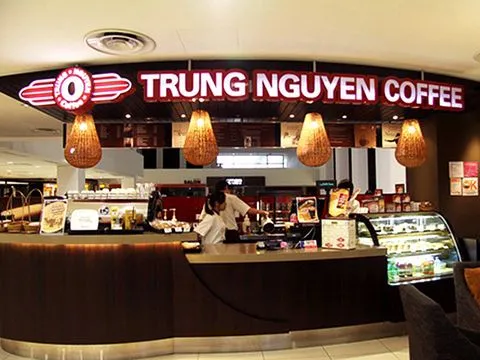Local enterprises need to focus on IP protection
by ,http://vietnamnews.vn/economy/537777/local-enterprises-need-to-focus-on-ip-protection.html01 November 2019 Last updated at 09:01 AM


According to industry insiders, strong IP protection paved the way for a long-term economic development strategy, and was also mandatory for the current economic integration process.
However, Đỗ Hữu Quang, former leader of the Market Management Department in the south of Việt Nam, told local media: “Trademarks of local products are being violated as firms don't pay enough attention registering their IP.”
Quang added the value of intangible assets and brand value accounted for three-quarters, and in some cases 90 per cent, of the company's asset value. However, the registration and protection of intellectual property rights had gone largely ignored by domestic enterprises.
According to PwC Vietnam, the average proportion of the value of intangible assets in total enterprise value worldwide in 2016 was 53 per cent, but this proportion among Vietnamese enterprises was only 26 per cent.
IP registration of intangible assets aims to ensure they are exclusively used to promote the enterprises. Importantly, it is weapon to proactively combat counterfeit and pirated goods, and protect market shares for goods and services domestically and internationally.
Statistics show that the number of applications for trademark protection filed at the Intellectual Property Office of Việt Nam (Ministry of Science and Technology) is increasing. Before 1990, only about 300 to 2,000 applications for trademark protection were made each year. From 1990 to 2005, an average of 4,500 applications were filed annually. Since 2010, that figure has risen to 32,000-50,000.
However, Quang said: “These numbers are still too low, especially compared to the number of enterprises in the country.”
According to the newly published White Book on Vietnamese Enterprises, at the end of 2018, the number of operating enterprises was 714,755, with the number of newly-established enterprises rising sharply. In the first nine months of this year, the Government Statistics Office counted more than 100,000 newly-established enterprises nationwide.
Participants at a recent conference on IP in Hà Nội found that enterprises were slow to register for IP both at home and overseas, although Việt Nam's export turnover had continuously increased in recent years.
For example, since 2015, the rate of filing for registration of designs in Japan has increased thanks to the Lahay Agreement on international registration of industrial designs, managed by the World Intellectual Property Organisation (WIPO). Since then, 50 per cent of applications filed in Japan have been from foreign companies. Having joined the agreement a month ago, not many Vietnamese enterprises have bothered to take advantage of it.
The Intellectual Property Office said the number of industrial design registration applications of Vietnamese enterprises in foreign countries accounted for a very small portion. For example, there are only 10 registered designs in the United States and 166 in the European Union.
Quang urged: “Enterprises should register to protect their IP. At the same time, they should build and follow an IP strategy, and set up an IP data system to track updates with competitors so they can prevent infringements.”
Current IP enforcement was mostly done by State agencies, without active participation of businesses and consumers. He told businesses not to avoid or be afraid to sue when there was an IP infringement.
Trần Giang Khuê, in charge of the southern branch of the Intellectual Property Office, said enterprises needed special teams to deal with the issue. “It is either register now or lose your trademark,” Khuê said. — VNS





